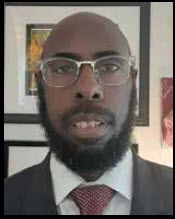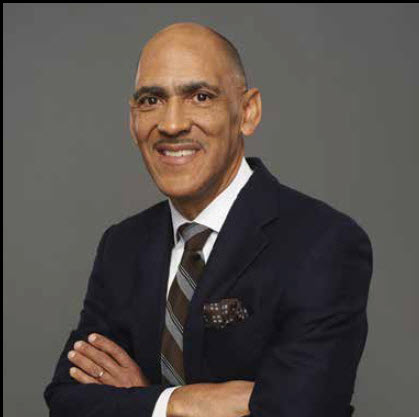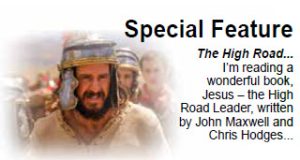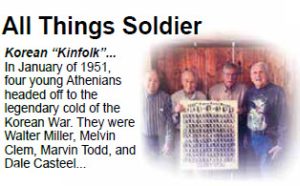 By: Eric Betts
By: Eric Betts
People and Teams That Win Consistently, Coach Dungy brings his life experience as a coach to the forefront and shows how his leadership philosophy translates into other career areas.
Dungy suggested in his book — As you build your leadership skills, it’s important to remember that why you lead is as important as whom you lead. As we build into the lives of the people around us, one at a time, one-on-one, we have the potential to extend our positive influence through them into countless other people as well.
Coach Dungy utilizes his history with NFL player Michael Vick as an inspiration for what mentor-leadership is all about. Michal Vick is a former quarterback who was highly regarded for both his passing and particularly his rushing abilities. In 2007, Vick’s career was upended by his connection to an illegal dogfighting ring. He would later serve nearly two years in prison for his deeds. Many believed he would never see the NFL again, but he went on to play for the Philadelphia Eagles not long after his release.
During this discouraging time for Michael Vick, transitioning out of prison and looking for a second chance, Tony Dungy became his mentor helping to guide him into a new season for his life. When it seemed hopeless for Michael Vick, Dungy poured hope into his life. Dungy stated the following: Michael Vick and I have pressed on with the goal of putting his life on a different and more significant trajectory. My primary goal is to build into his life so that he, in turn, can have a positive impact on other young men. Nothing would please me more than to see him become a mentor to other people in his own sphere of influence.
In addition to Vick’s desire to return to the NFL, Dungy learned during his mentoring of Michael Vick, that his dream was to help other boys who wanted his success or wore his jersey, especially those who sent him letters while in prison. Michael Vick would not be satisfied with only returning to the NFL; he also had a dream to reach back to other school-age boys to help make their lives better. He wanted not only to win on the football field but to have an impact for good outside of football. Dungy’s efforts would be tailored to help in both areas. Dungy tells his readers that although his relationship with Michael Vick was public, most mentoring relationships will not take place in the public spotlight. Additionally, he believes that mentoring relationships must not be limited to those whose lives already appear to be on the correct track, but also those who have made horrible mistakes. Leaders who build mentoring relationships can see potential and develop those they lead. They can see potential where others can see nothing but broken situations. Dungy looked beyond the football player and saw in Vick a level of potential that would exceed a successful football career.
Indeed, Vick would return to the NFL, but this was not the only potential that Dungy was seeking to develop in him. He wanted to help him develop a successful life consistent with his gifts beyond football. In the last stages of Vick’s career, when he was no longer a starter, he did not become deflated. He instead became a role model, encourager, and a veteran leader for younger players. Michael Vick would go on and establish charitable organizations that would provide developmental and life skills for at-risk-youth. The Vick foundation would give support to thousands of youths. This foundation did not begin after Vick’s football career had ended, but during the second stage of his football career. His foundation would serve both the Atlanta area as well as the Hampton Roads, Virginia, area. Backpacks and after-school programs would be established through his charitable work.
The Virginia Tech University campus, where Vick was once a student and star athlete, came under attack by a mass shooting in 2007. Vick raised funding to help provide support for the students and families of the victims. Moreover, he helped cover the funeral expenses for the bereaved families, as over thirty persons were murdered in the tragedy. Vick once formed an alliance with civil rights icon congressman John Lewis to advocate for Team Freedom Outreach, a mentorship and development program for youth who are held in detention centers.
Dungy explains: Mentor leadership isn’t focused on self or solely on short-term goals like wins, championships, stock prices, or possessions; it is focused instead on the longer-term goal of bettering people’s lives. And that includes people who have made mistakes, who have made a mess of their lives. Mentor leaders see potential and strive to develop it in the people they lead.
At the time of Dungy’s writing, he did not know how his mentoring would impact Michael Vick’s future life, nor where it would lead. When he wrote his book, he was not even certain if Vick would be able to compete again in the NFL as his former self.
He said, “Whether Michael ever regains the status and standing he once had in the NFL is not as important as what kind of man he becomes.” This is exactly what Dungy’s philosophy is all about. Mentoring relationships don’t need evidence of future success before committing to the mentee; they simply need to believe. This is Dungy’s downfield view: Every leader speaks of his or her own vision, but mentor leaders keep their eyes focused well downfield, understanding that many of the most significant moments and effects of their lives will happen outside of the public eye—possibly even outside of their own field of vision. They understand that they may never fully know the full impact of their leadership. This downfield vision is necessary to maximize one’s potential as a successful leader.
By: Eric Betts
Assistant Director, Curtis Coleman Center for Religious Studies and Ethics at Athens State University









 June 20, 2025
June 20, 2025



